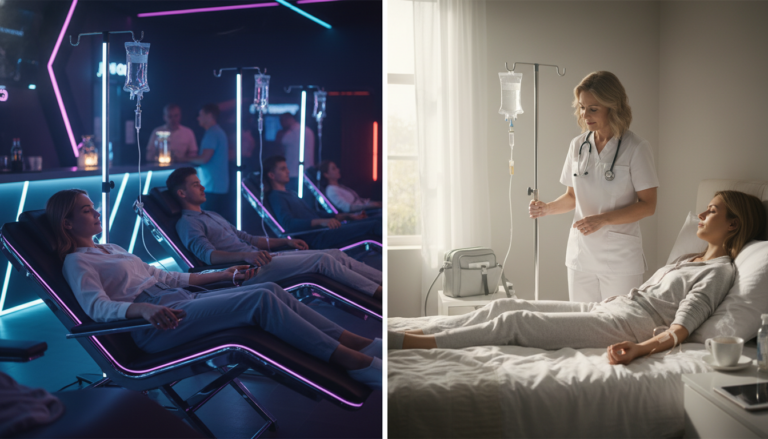Blue light is a type of light that is emitted from digital screens such as computers, smartphones, and televisions. While blue light is necessary for regulating our circadian rhythms, prolonged exposure to blue light can disrupt our sleep patterns, cause eye strain, and even lead to long-term eye damage. As technology continues to advance, and we spend more time in front of screens, it is important to consider the effects that blue light may have on our eyes and overall health.
Enter blue light blocking glasses. These glasses are designed to filter out blue light, reducing the amount of blue light that reaches our eyes. But do they really work? Let’s take a closer look at the science behind blue light blocking glasses.
How Blue Light Affects Our Eyes
Before we dive into blue light blocking glasses, it’s important to understand how blue light affects our eyes. Blue light has a short wavelength and high energy, which means it can penetrate deep into our eyes and cause damage to our retina. This can lead to a number of eye problems, including digital eye strain, macular degeneration, and cataracts.
Furthermore, blue light exposure has been linked to negative effects on our circadian rhythms and sleep patterns. Our bodies are naturally programmed to sleep when it is dark outside and be awake during the day when there is light. However, the blue light emitted from screens can trick our brains into thinking it is still daytime, making it harder for us to fall asleep at night and throwing off our natural sleep-wake cycle.
How Blue Light Blocking Glasses Work
Blue light blocking glasses work by filtering out blue light. The lenses in these glasses are coated with a special material that blocks blue light from passing through, while still allowing other types of light to pass through. This material can be applied to prescription glasses, reading glasses, or even non-prescription glasses for those who do not require corrective lenses.
The Benefits of Blue Light Blocking Glasses
There are several benefits to using blue light blocking glasses. First and foremost, they can help reduce eye strain and improve visual comfort, especially for people who spend a lot of time in front of screens. They can also help regulate our circadian rhythms, which can improve our sleep quality.
In addition, blue light blocking glasses have been shown to be effective in reducing the symptoms of digital eye strain, such as headaches, blurred vision, and dry eyes. They may also help prevent the development of long-term eye problems such as macular degeneration and cataracts, which can be caused by prolonged blue light exposure.
The Science Behind Blue Light Blocking Glasses
Several studies have been conducted on the effectiveness of blue light blocking glasses. One study found that wearing blue light blocking glasses for three hours before bedtime increased sleep quality and led to a significant reduction in insomnia symptoms. Another study found that blue light blocking glasses reduced eye strain and improved visual comfort during computer work.
Furthermore, a study conducted by the University of Toledo found that blue light blocking glasses were effective in protecting retinal cells from damage caused by blue light exposure. This study provides further evidence of the potential long-term benefits of using blue light blocking glasses.
Choosing the Right Blue Light Blocking Glasses
Not all blue light blocking glasses are created equal. When choosing a pair of blue light blocking glasses, it’s important to look for glasses that block at least 90% of blue light. It’s also important to choose glasses that are comfortable to wear and fit properly.
There are several different types of blue light blocking glasses available, including those with amber or yellow-tinted lenses, clear lenses with a blue light filter coating, and prescription glasses with blue light blocking technology built-in. It is important to choose the type of glasses that best fits your needs and preferences.
Conclusion
Blue light blocking glasses can be an effective way to reduce eye strain, improve visual comfort, and regulate our circadian rhythms. The science behind these glasses is sound, and several studies have shown their effectiveness in reducing the negative effects of blue light exposure. When choosing a pair of blue light blocking glasses, it’s important to choose glasses that block at least 90% of blue light and fit properly. So, go ahead and give them a try – your eyes (and sleep patterns) will thank you!

